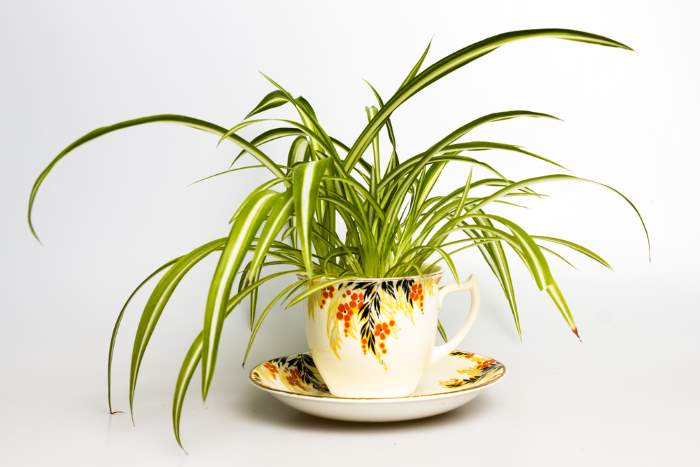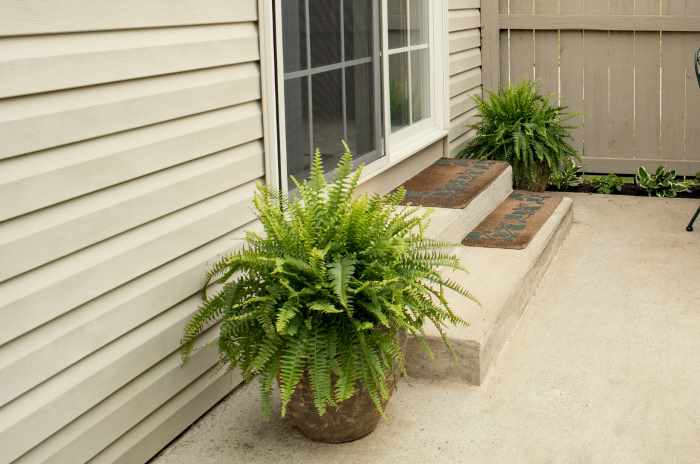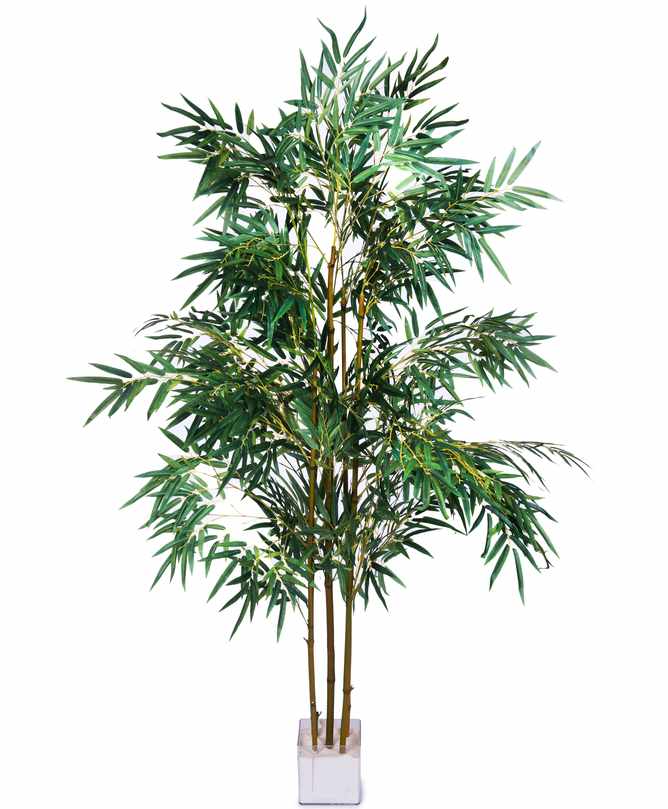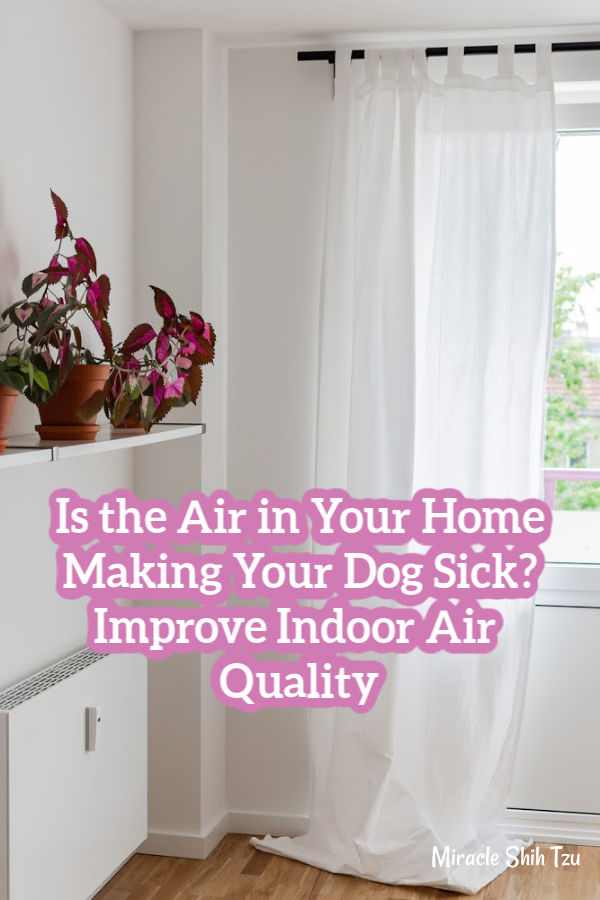- Home
- The Shih Tzu Lifestyle
- Improve Indoor Air Quality
Improve Indoor Air Quality: Could the Air In Your Home Make Your Dog Sick?
Improve Indoor Air Quality By Karol King |Updated 04-18-2023
Most of us would be shocked to discover that indoor air pollution can be anywhere from 2 to 20 times as dangerous as outdoors. But it’s true.
According to the Environmental Protection Agency (EPA), indoor air pollution is ranked among the top 4 environmental risks and can lead to chronic disease in both humans and animals.
In addition to suffering long term effects, like humans, many Shih Tzu live with allergies, which can make them extra sensitive to air pollution. This may sound daunting, but there are many things one can do to improve the quality of the air our dogs breathe at home.
 How to Improve Indoor Air Quality
How to Improve Indoor Air QualityFollowing up with the Environmental Protection Agency, they have found that high temperatures and humidity also contribute to the problem air in our homes.
They identify a variety of indoor air pollutants that can adversely affect you and your Shih Tzu’s health. These include:
- Fuel-burning combustion appliances
- Tobacco products
- Asbestos-containing insulation
- Newly installed flooring, upholstery or carpet
- Some furniture made of pressed wood products
- Cleaning and maintenance products, personal care, and hobbies
- Central heating, cooling, and humidification devices
- Excess moisture
- Radon, pesticides and other pollution that enters the home
Your Shih Tzu is breathing the same air as you but is a fraction of your size. Most of the research on air quality is done on human health, but there is slowly a growing body of evidence that suggests pollutants are just as harmful to our Shih Tzu and other dogs.
The Minnesota Pollution Control Agency reported on several such studies. In one study,they found that owners who used pesticides had dogs with aa whopping 70% higher chance of getting lymphoma.
The MPCA also reported on a study that showed that pets living with smokers may face more significant risks than their owners, due to the considerable amount of time spent near the floor.
Is Cleaning House Doing More Harm Than Good?
It certainly doesn’t have to. Shih Tzu are indoor dogs, which means they can spend close to 100 percent of their time inside most days. The majority go for walks, or out to run errands with you, or to the park.
But that still only accounts for maybe a couple hours, which means they’re inside for at least 20 hours a day. Dander, dust and mites, and mold spores are the most common allergens in the home, and they tend to settle and collect on shelves, around clutter, in carpets, and in the absence of carpet, on floors.
Where dogs, especially shorties like she Shih Tzu, spend most of their time. The products we use to clean up these allergens, most basic household cleaners, contain toxins and give of particles which, like the allergens themselves, can cause respiratory irritation, eye irritation, stomach upset, and many more long term effects.
These particles are heavier than the air and ultimately settle onto the floor as well, making your pup’s everyday living spaces potentially the most hazardous.
What About Our Personal Hygiene?
We all like to smell good. Whether we’re aware of it or not, our perfumes, room sprays, and household detergents can introduce harmful chemicals into our homes and into the lives of our pets.
And since the Food & Drug Administration (FDA) doesn’t require manufacturers to list actual ingredients when it comes to fragrances - allowing merely the word “fragrance” instead, reading the labels can be misleading.
Unbeknownst to us, we’re spraying toxins such as formaldehyde and toluene (to name only a couple), which are known potent neurotoxins onto our bodies and into our pets’ indoor environment. Similarly, both dishwashing and laundry detergents are scented using these same chemicals and release toxins into the air as well.
How Can We Improve Indoor Air Quality?
There are many steps one can take to improve their indoor air quality at home. Having your living space inspected (and treated, if necessary) for mold and other hidden toxins can reduce the risk of exposure and potential long term illness for both you and your pups. Here are a few ways to improve indoor air quality.
1. Air Conditioners
Intermittently running the AC, even for only a few minutes at a time, can help to clear the air indoors as well if you have central air. Central HVAC systems use air filters that need to be changed frequently, and as long as maintenance is regular, running them can significantly improve your home air quality.
2. Natural or Green Cleaning Products
Switching to natural cleaning products eliminates so many of the indoor airborne chemical toxins most of us encounter at home. Investing in an air purifier is also an excellent way to clean the air consistently.
3. Vacuums with HEPA Filters
Vacuums with HEPA (high-efficiency particulate air) filters and strong suction can remove toxins and pollens that get into your home. Be sure to vacuum upholstered furniture where dander, dog hair, and other pollutants can be found. Wash the filter regularly to keep it working its best. Also, remember dog bedding needs washing regularly. Even if it doesn’t “look” dirty, dust, mites, and mold spores will accumulate on any surface, including where your Tzu sleeps.
4. Door Mats at Every Door
Stop those pollutants at the door by investing in some good quality doormats that are easy to clean. Better still, ask everyone that enters to remove their shoes. That way, any contaminants that stick to the soles of shoes can remain safely outside your home. You can improve indoor air quality simply by not allowing the outdoor pollutants to add to problems already in your home.
5. Avoid Smoking Around Your Dog
It goes without saying that second-hand smoke is just as bad for your Shih Tzu as it is for your family. To improve indoor air quality, avoid smoking in the house, and if you are outdoors, keep your four-legged friend safely indoors.
6. Invest in Some Houseplants
Houseplants are another excellent way to improve indoor air quality. A study by NASA in the 1980s, along with later studies showed that many common house plants can reduce toxic chemicals from the air we breathe inside our homes. Unfortunately, not all of these plants are dog-friendly, and some are downright toxic. If you plan to keep houseplants, check with the ASPCA to find out if the plant is safe.
Plants have shown to reduce a variety of toxic chemicals in the air we breathe. For example, Formaldehyde can be found in adhesives, drapery, and upholstery fabrics, floor coverings, paints, and even grocery bags.
More Toxins Found in the Home
- Benzene is used in adhesives, caulking, ceiling tiles, photocopiers, paints, stains, varnishes, wall coverings, tobacco smoke.
- Trichloroethylene - photocopiers, printers.
- Xylene and toluene - adhesives, caulking, printers, photocopiers, paints, stains, varnishes, wall coverings.
- Ammonia - carpeting, cleaning products, photocopiers.
- Alcohol - adhesives, carpeting, caulking, ceiling tiles, floor coverings, paints, stains, varnishes, wall coverings.
- Acetone - nail polish remover.
Excellent Air-Purifying Plants Safe with Dogs
Here is a couple of plants that are safe to have around dogs.
Spider Plant (Chlorophytum comosum)
 Spider Plant (Chlorophytum comosum)
Spider Plant (Chlorophytum comosum)Some dogs love the taste of this plant, so to keep everyone safe, display your spider plant on a top shelf or in a hanging basket. It helps remove formaldehyde from stale indoor air.
Reference: http://www.aspca.org/pet-care/animal-poison-control/toxic-and-non-toxic-plants/spider-plant
Money Tree (Pachira aquatica)
 Money Tree (Pachira aquatica)
Money Tree (Pachira aquatica)No, you won’t be able to harvest money from this plant, but it will help reduce formaldehyde, benzene, xylene, and toluene from the air. It can also increase the overall air quality.
Reference: http://www.aspca.org/about-us/faq/money-tree
Bamboo Palm (Chamaedorea seifrizii)
 Bamboo Palm (Chamaedorea seifrizii)
Bamboo Palm (Chamaedorea seifrizii)This plant will help reduce benzene, formaldehyde, toluene, and xylene from your air and act as an overall air purifier.
Reference
https://www.aspca.org/pet-care/animal-poison-control/toxic-and-non-toxic-plants/bamboo-palm
Variegated Wax Plant (Hoya carnosa)
 Variegated Wax Plant (Hoya carnosa)
Variegated Wax Plant (Hoya carnosa)This lovely plant can remove and eliminate benzene and formaldehyde from the air inside your home.
Reference:
https://www.aspca.org/pet-care/animal-poison-control/toxic-and-non-toxic-plants/variegated-wax-plant
Boston Fern (Nephrolepis exaltata)
 Boston Fern (Nephrolepis exaltata)
Boston Fern (Nephrolepis exaltata)The Boston Fern is excellent for removing formaldehyde in the air we breathe.
Reference:
http://www.aspca.org/pet-care/animal-poison-control/toxic-and-non-toxic-plants/boston-fern
Areca Palm (Dypsis lutescens)
 Areca Palm (Dypsis lutescens)
Areca Palm (Dypsis lutescens)This plant helps remove toluene and xylene from the air and can also increase overall air purification.
Reference:
https://www.aspca.org/pet-care/animal-poison-control/toxic-and-non-toxic-plants/areca-palm
7. Open Up Your Windows
The simplest and least expensive way to improve indoor air quality, of course, is opening windows. Allowing fresh air to move through the house removes stagnant air and rejuvenates the air inside. Add a fan to help the air circulate.
Last Words
Shih Tzu Dogs can be more sensitive to indoor air pollution than we are, especially since they spend so much time at home, are lower to the ground and a fraction of our size. Luckily, purifying the air, they breathe to keep them as healthy as possible isn’t out of reach.
 Improve Indoor Air Quality: Post for Future Reference
Improve Indoor Air Quality: Post for Future ReferenceReferences
https://experiencelife.com/article/8-hidden-toxins-whats-lurking-in-your-cleaning-products/
https://www.womensvoices.org/2019/03/11/new-bill-takes-on-toxic-secrets-in-fragrance-and-flavors/
http://nymag.com/strategist/article/best-natural-organic-cleaning-products.html
Author Bio (Improve Indoor Air Quality)
Karol King "Karol is an animal lover who has dedicated her life to helping dogs to find a safe and happy home. She now works as a freelance writer, which is her passion, and has the freedom to spend more time at home with her wonderful family."
If You Found This Article, Improve Indoor Air Quality Helpful,
"Hi, I'm Janice Jones, a former veterinary technician and Shih Tzu expert with over 40 years of experience with the breed. Through Miracle Shih Tzu, I combine my medical background and extensive breed knowledge to provide reliable, practical advice for Shih Tzu owners. My mission is to help you give your Shih Tzu the happiest, healthiest life possible through evidence-based information and real-world solutions. Whether you're new to the breed or a seasoned owner, you'll find trusted guidance here for all aspects of Shih Tzu care.
I hold an undergraduate degree in Psychology with a minor in biology, Early Childhood Education, and Nursing, and a Master's in Mental Health Counseling.






